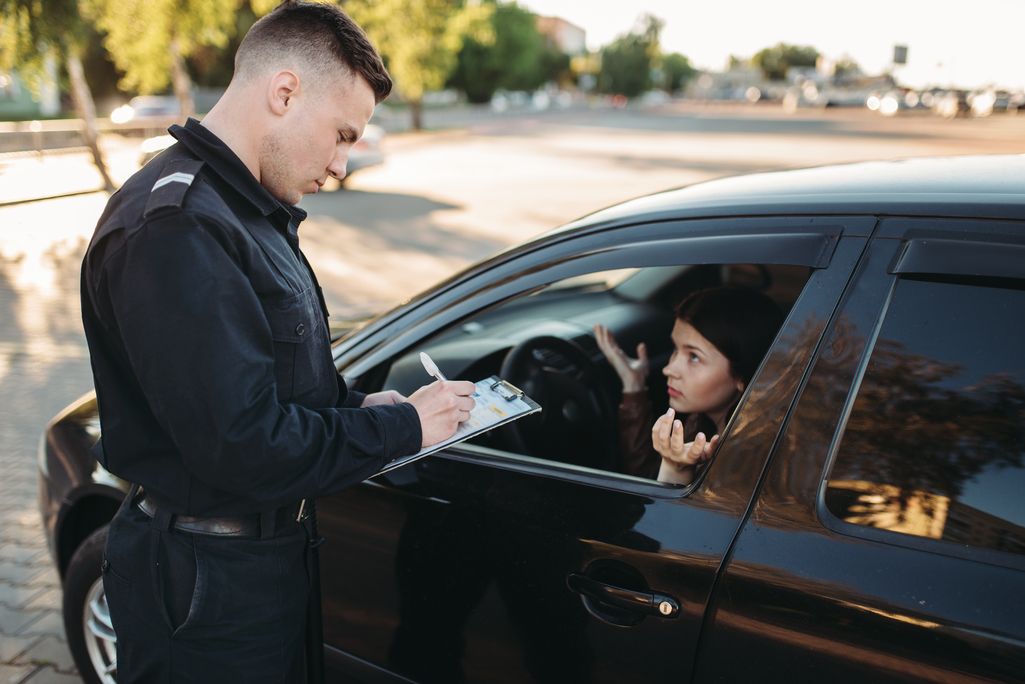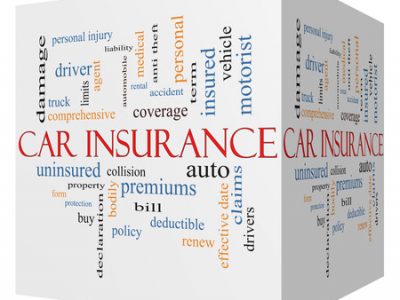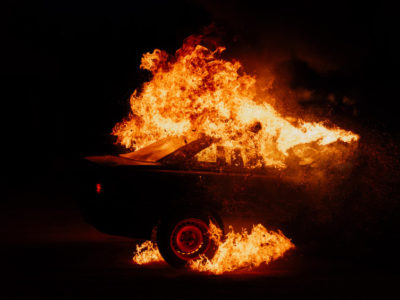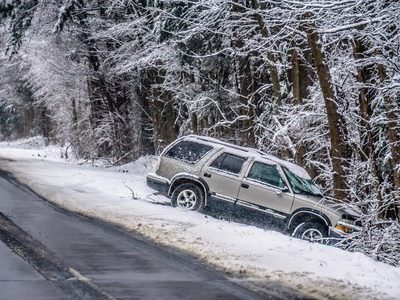It is a fact that the majority of accidents are caused by driver error and negligent driving. In practical terms, this often means that a driver commits traffic violations that cause a collision. Common traffic violations that increase the risk of accidents are:
- Speeding
- Running a red light
- Running a stop sign
- Failure to yield
- Failure to stop
- Failure to use turn signals
- Disobeying road signs
- Improper U-turn
- Improper lane change
- Improper passing
- Driving off the road
If you or a loved one was injured in a motor vehicle accident because of a traffic violation committed by another driver, you may be wondering how traffic tickets affect injury claims. Contact a car accident lawyer to discuss your legal rights; you are entitled to a personal injury settlement that covers your damages.
Why do police officers issue traffic tickets for car accidents?
Police officers write traffic tickets (or citations) at the scene of a car crash when they see evidence that a traffic violation occurred (for example, running a red light or speeding). When a citation is issued, the officer is creating a criminal case against the offending driver.
Police officers also know that the police report and any tickets issued for a motor vehicle accident can impact the outcome of a car accident claim. This is because insurance companies request police reports in order to find evidence that their client was not at-fault/the other driver was at-fault or to show that their driver was only partially at-fault. It is important to know that winning a traffic ticket case does not determine what party is more at fault in an accident. Fault is determined separately in a civil lawsuit or dispute over damages.
How Traffic Tickets Affect Injury Claims
Many people wonder whether the outcome of a criminal case for traffic tickets can impact the outcome of a civil case for personal injury claims brought by injured drivers.
Traffic tickets are an important piece of information that courts and insurance adjusters use to decide who is at fault for an accident but on its own, a traffic ticket is simply an allegation that a person violated a traffic law or failed to obey the rules of the road. If the recipient of the ticket pleads guilty to the charge or pays a ticket fine without contesting the citation, then that plea can serve as proof of a violation. If the traffic violation was the cause of a car accident, the traffic ticket and guilty plea can be an important part of proving liability and collecting damages from the driver who received the ticket.
During the negotiating process, traffic tickets may also be relevant. If one driver receives a traffic ticket and the other does not, it may be easier to determine fault with the driver who received the traffic ticket being more likely to be at fault for the accident.
Sharing fault
If both drivers are issued traffic tickets, then it may be determined that fault is shared in the accident, which will affect settlement amounts. Washington State is a comparative fault state, which means that fault can be shared in a personal injury case. Damages are awarded based on contributory fault law, which says that you may only be awarded damages proportional to the percentage of fault contributed by the defendant and nothing for the amount of fault that you contributed. For example, if driver A was responsible for 20% of the accident, whatever settlement or award they receive would be reduced by 20%.
Seek the help of a car accident lawyer
If you or a loved one was injured in a collision because of the negligence of another, contact a personal injury lawyer to discuss your legal rights. Let an experienced car accident attorney fight for the full compensation that you deserve. It is not uncommon to receive a settlement from the insurance company that is five to ten times larger with the help of a lawyer. Call the personal injury lawyers at Tario & Associates, P.S. in Bellingham, WA today for a FREE consultation! We have been representing residents of Whatcom County, Skagit County, Island County and Snohomish County since 1979. You will pay nothing up front and no attorney fees at all unless we recover damages for you!





